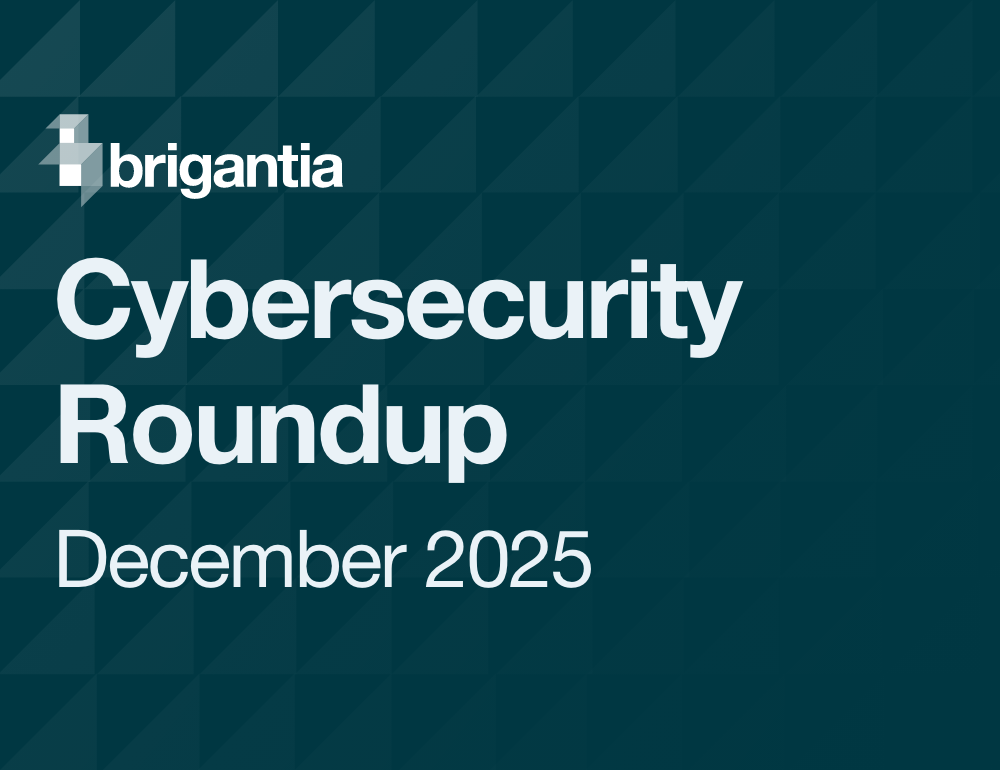In the rapidly evolving digital landscape, the significance of cybersecurity has never been more pronounced. As organisations navigate through the complexities of digital transformation, the responsibility of safeguarding digital assets against cyber threats has become paramount. However, the effectiveness of cybersecurity measures is not solely dependent on the technologies employed but also on the organisational culture surrounding cybersecurity. At the heart of this culture lies leadership. Leaders must not only understand the technical aspects of cybersecurity but also recognise its strategic importance.
The role of leadership in cybersecurity cannot be overstated. Leaders set the tone for an organisation's priorities, values, and behaviours. When leaders emphasise the importance of cybersecurity, it signals to the entire organisation that protecting digital assets is not just the responsibility of the IT department but of every individual. Leaders alone are in a position to champion a culture of cybersecurity awareness and vigilance so that it permeates every level of an organisation.
Creating a culture of security involves more than just implementing policies and procedures; it requires a shift in mindset and behaviour. Leaders can foster this culture by:
- Educating and Training Employees: Frequent cybersecurity training on both the basics and the latest threats can empower employees to be effective as the first line of defence.
- Leading by Example: Leaders should adhere to the same security protocols they expect their employees to follow, whether it’s using strong passwords, enabling multi-factor authentication, or keeping their training up to date.
- Open Communication: Encourage an environment where employees feel comfortable reporting potential security threats without fear of reprimand. This open communication can be crucial in both preventing and mitigating security breaches.
- Rewarding Vigilance: Recognise and reward behaviours that enhance the organisation’s security posture. This could include identifying potential security threats or suggesting improvements to cybersecurity practices.
- Risk Management: Understanding the cybersecurity risks facing the organisation and incorporating risk management strategies into business planning.
- Investment in Cybersecurity: Allocating sufficient resources towards cybersecurity initiatives, including technology, personnel, and training.
- Collaboration and Partnership: Working with external partners, including cybersecurity firms and regulatory bodies, to enhance the organisation's security posture.
As cyber threats continue to evolve, so too must the organisation's cybersecurity strategies. Leaders must be adaptable, willing to embrace new technologies and methodologies to protect against emerging threats. This adaptability should be present throughout the organisation, creating a dynamic and resilient cybersecurity culture.
The importance of leadership in fostering a culture of cybersecurity should not be underestimated: It is the leaders who set the tone, who integrate cybersecurity into the fabric of the business, and who lead the charge against the ever-present threat of cyber-attacks. By championing a culture of vigilance, education, and adaptability, leaders can safeguard their organisation's digital future and ensure that cybersecurity is not just a priority but a core principle.







